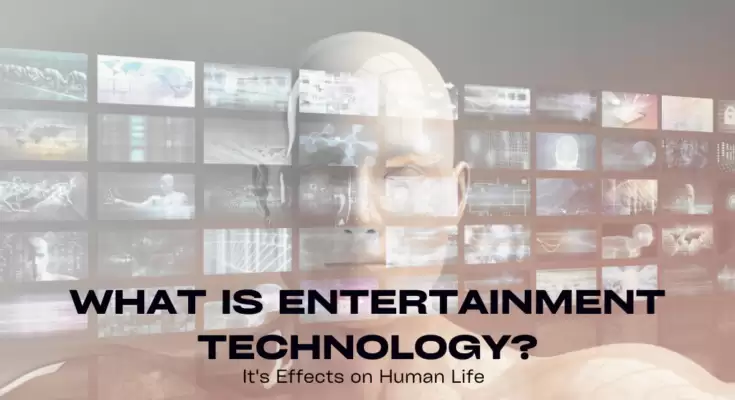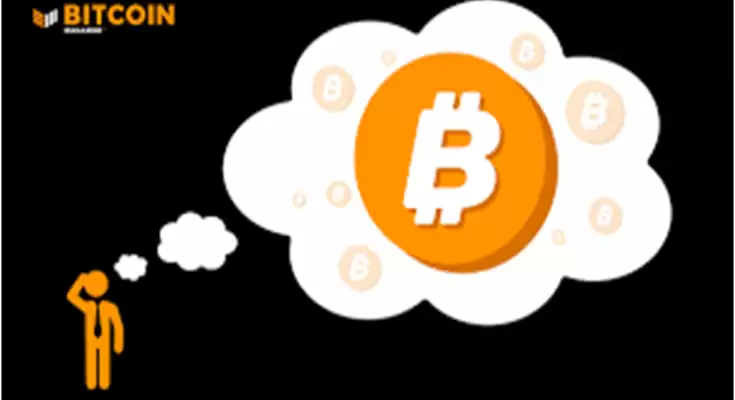Entertainment technology refers to the use of various types of technology to enhance the entertainment experience. This includes everything from virtual reality and augmented reality to online streaming services and mobile apps.
The entertainment industry has always been quick to embrace new technologies that can help create more immersive and engaging experiences for audiences. As a result, there have been both positive and negative impacts of these advancements on human life.
Positive Effects of Entertainment Technology on Human Life
One of the most significant benefits of entertainment technology is that it allows people to access a wider range of content than ever before. With streaming services like Netflix, Hulu, and Amazon Prime Video, people can watch movies and TV shows from all over the world on demand. This has helped to break down cultural barriers and promote understanding and empathy between different groups of people.
Another major advantage of entertainment technology is that it has created new opportunities for artists and creators. For example, YouTube and other video sharing platforms have allowed individuals to build massive followings and monetize their content without needing to go through traditional gatekeepers like TV networks or record labels. This has helped to democratize the entertainment industry and give more people a chance to share their talents with the world.
Entertainment technology has also made it easier for people to stay connected with each other. Social media platforms like Facebook, Twitter, and Instagram allow people to share their thoughts, feelings, and experiences with friends and family members regardless of where they are in the world. This has helped to strengthen relationships and foster a sense of community among people who might otherwise feel isolated.
Negative Effects of Entertainment Technology on Human Life
Despite these many positive effects, there are also some negative impacts of entertainment technology on human life.
One of the biggest concerns is that it can be addictive. Many people find themselves spending hours each day scrolling through social media feeds or binge-watching TV shows on streaming sites. This can lead to a sedentary lifestyle and contribute to health problems like obesity and poor posture.
Another concern is that entertainment technology can create unrealistic expectations about life. For example, social media can present a carefully curated version of people’s lives, leading to feelings of inadequacy and low self-esteem.
Similarly, movies and TV shows can depict unrealistic standards of beauty and success that are impossible for most people to achieve. This can lead to feelings of dissatisfaction with one’s own life and an unhealthy obsession with trying to live up to these ideals.
There is also the risk that entertainment technology can be used to spread harmful or misleading information. Social media in particular has been criticized for allowing the spread of fake news and conspiracy theories. This can have serious consequences for public health and safety, as well as political stability and democratic institutions.
Examples of Technology in Entertainment
There are many examples of how technology has been used to enhance the entertainment experience. Here are just a few:
Virtual Reality
Virtual reality technology allows users to immerse themselves in digital environments that feel like they are real. This can be used to create more immersive metaverse games, as well as to simulate real-world scenarios for training purposes.
Augmented Reality
Augmented reality technology overlays digital information onto the real world. This can be used to create interactive experiences that blend the physical and digital worlds. For example, Pokemon Go uses augmented reality to allow players to catch virtual creatures in the real world.
Streaming Services
Streaming services like Netflix, Hulu, and Amazon Prime Video allow people to watch movies and TV shows on demand from anywhere with an internet connection. This has revolutionized the way people consume media and has led to the rise of “binge-watching” culture.
Social Media
Social media platforms like Facebook, Twitter, and Instagram allow people to connect with each other and share their thoughts, feelings, and experiences. This has created new opportunities for expression and communication but has also led to concerns about privacy and the spread of misinformation.
Entertainment technology has had both positive and negative effects on human life. While it has created new opportunities for expression, connection, and engagement, it has also raised concerns about addiction, unrealistic expectations, and harmful information. As technology continues to evolve, it will be important for society to engage in ongoing conversations about how to harness its power for good while mitigating its potential risks.
“Digitalize Trends” is the ideal online platform for anyone seeking to enhance their knowledge. It offers cutting-edge information, perspectives, and evaluations on digital trends in diverse fields including technology, finance, marketing, healthcare, education, and more.







